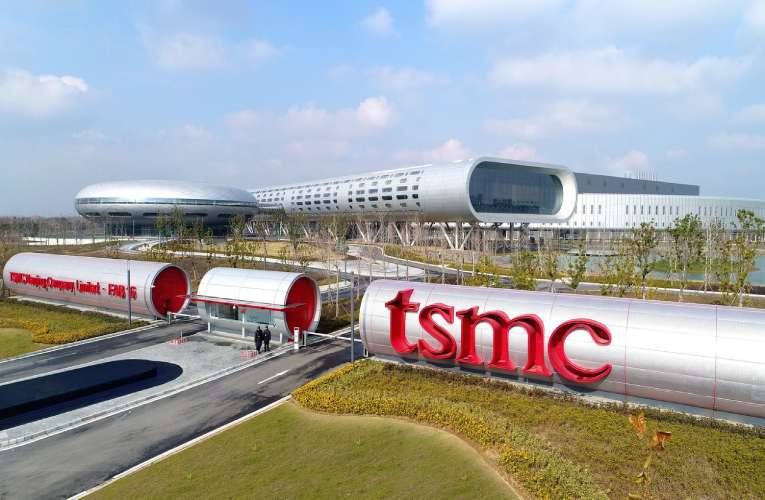
The unemployment rate has been reduced to 3.2 percent and the economy increased by 6.3 percent in 2021, which is the largest in the past sixteen years
The Joe Biden government and the world’s largest semiconductor contract and manufacturing firm Taiwan Semiconductor Manufacturing Company (TSMC) have now officially announced the much-anticipated second chipset manufacturing factory in Arizona. According to the company, the investment in the state has increased from $12 billion to $40 billion, which is expected to decrease USA’s massive dependence on imports, especially from China and other Asian countries.
A company official stated that the new factory is expected to manufacture 6,00,000 wafers each per annum. In an interaction with CNBC, National Economic Council's Ronnie Chatterji said that the two TSMC plants have the capability to meet the entire chip demand of the US when they are constructed. This is an impeccable example of supply chain flexibility. Now, the US will not have to rely on other countries to meet their soaring chip demand. By the first half or the end of 2026, the new factory would produce top-notch 3-nanometer chips and this announcement makes the largest FDI in the US and also the biggest in the state of Arizona.
In order to boost the growth of semiconductors in the country, the government has recently unleashed the Science and CHIPS Act worth $52.7 billion, which would magnetize investors from countries as well. President Biden is geared up to visit TSMC’s first plant soon, but the government also proclaimed some other information yesterday. The US Department of Commerce and the European Commission are planning to sign a contract to deploy an "early warning mechanism" in regards to semiconductor supply chain imbalances following a pilot program last summer. The purpose of the deal is to to perk-up the speculations of semiconductor demand and supply and maintain a balance between the two.
According to some economists of the US, the new factory of TSMC is most likely to aid in increasing the financial strengths of the country that was massively impacted by the COVID-19 pandemic. In 2020, the Phoenix region had a job loss of 6.5 percent and more than 9,000 people of the city filed for bankruptcy. Now, the unemployment rate has been reduced to 3.2 percent and the economy increased by 6.3 percent in 2021, which is the largest since the past 16 years.
Brian Deese, director of the National Economic Council told CNBC, "The passage of the CHIPS and Science Act was absolutely critical in providing the long term certainty for companies like TSMC to expand their footprint and expand their commitment to the United States. Whether it’s in electric vehicles or consumer electronics, CEOs of major companies are making decisions about their plans 18 to 24 months forward. The build out in the United States gives them more confidence to operate as well."

